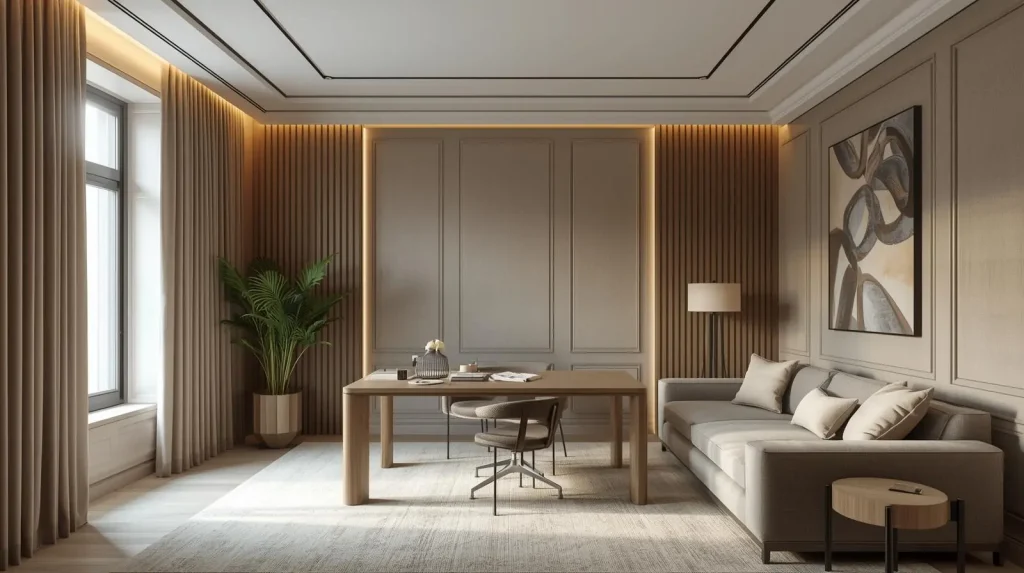Noise has become one of the biggest challenges in modern living. From busy city streets to open office layouts, unwanted sound can affect productivity, comfort, and overall well-being. At the same time, businesses and homeowners are realizing the importance of high-quality acoustics for music rooms, home theaters, studios, and professional spaces. This is where expert soundproofing and acoustic solutions come into play.
By using the right materials and techniques, you can control noise, enhance audio quality, and create environments that feel both peaceful and professional. In this guide, we will explore how expert soundproofing works, the types of acoustic solutions available, and why consulting with professionals can deliver the best results.
Why Invest in Professional Soundproofing?
Soundproofing is not just about blocking noise. It is about improving the way sound travels and is experienced in a space. Whether you are a homeowner, musician, or business owner, the benefits go beyond comfort.

Key Benefits of Soundproofing
- Improved focus and productivity in work environments.
- Better sleep and relaxation in homes near busy streets.
- Enhanced audio clarity in studios and theaters.
- Increased property value with high-quality installations.
- Compliance with building codes and noise regulations.
With expert soundproofing and acoustic solutions, you are not only reducing noise but also investing in long-term performance.
Understanding Soundproofing vs Acoustic Treatment
Many people confuse soundproofing with acoustic treatment. While both improve sound quality, they serve different purposes.
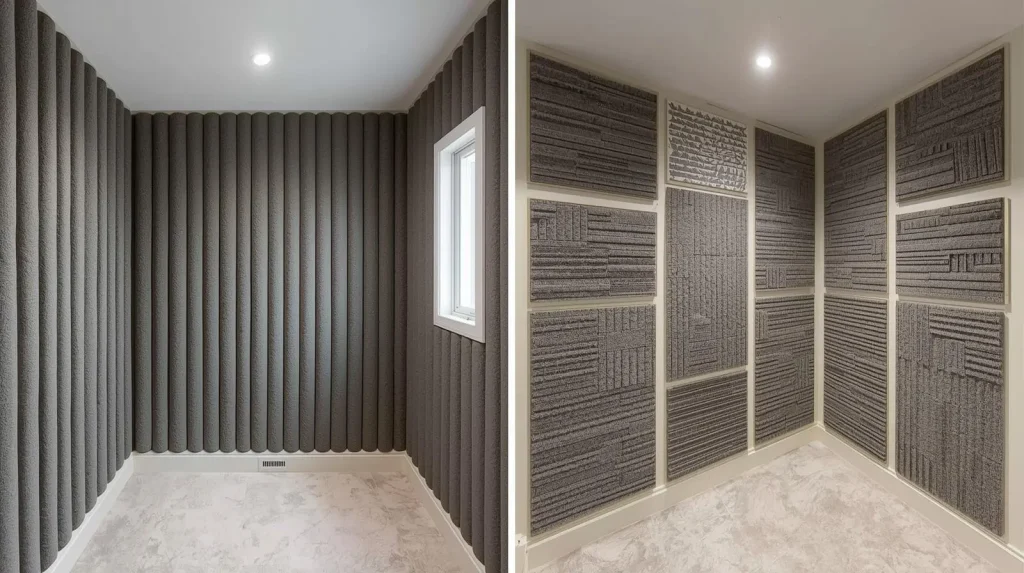
What is Soundproofing?
Soundproofing focuses on preventing noise from entering or leaving a room. It typically requires structural modifications or materials that block and absorb sound.
Common methods include:
- Adding mass-loaded vinyl to walls.
- Using double or staggered stud walls.
- Installing acoustic doors and windows.
- Sealing gaps with acoustic caulk.
What is Acoustic Treatment?
Acoustic treatment improves how sound behaves inside a space. Instead of blocking noise, it enhances clarity, reduces echo, and balances acoustics.
Examples include:
- Acoustic panels to absorb reflections.
- Bass traps to manage low-frequency buildup.
- Diffusers to scatter sound evenly.
Knowing the difference helps in choosing the right solution for your needs.
Types of Soundproofing Solutions
Residential Soundproofing
Homeowners face a variety of noise issues, from traffic sounds to noisy neighbors. Professional residential soundproofing can address these challenges effectively.
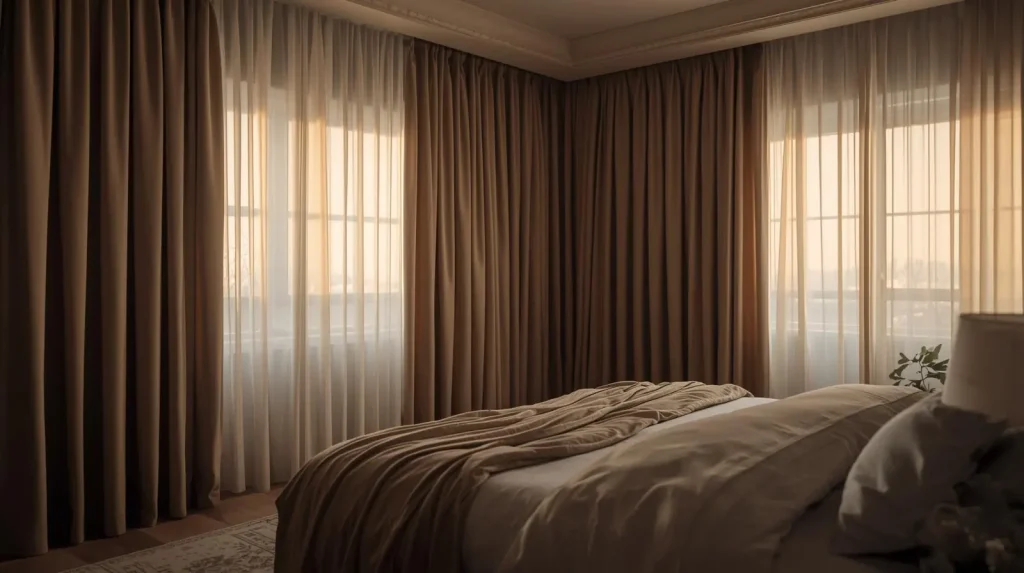
Common applications:
- Bedrooms for better sleep.
- Home offices for focused work.
- Home theaters for immersive experiences.
- Apartments and condos to minimize neighbor noise.
Commercial Soundproofing
For businesses, noise control is essential to productivity and customer satisfaction. Offices, restaurants, and hotels often require specialized solutions.
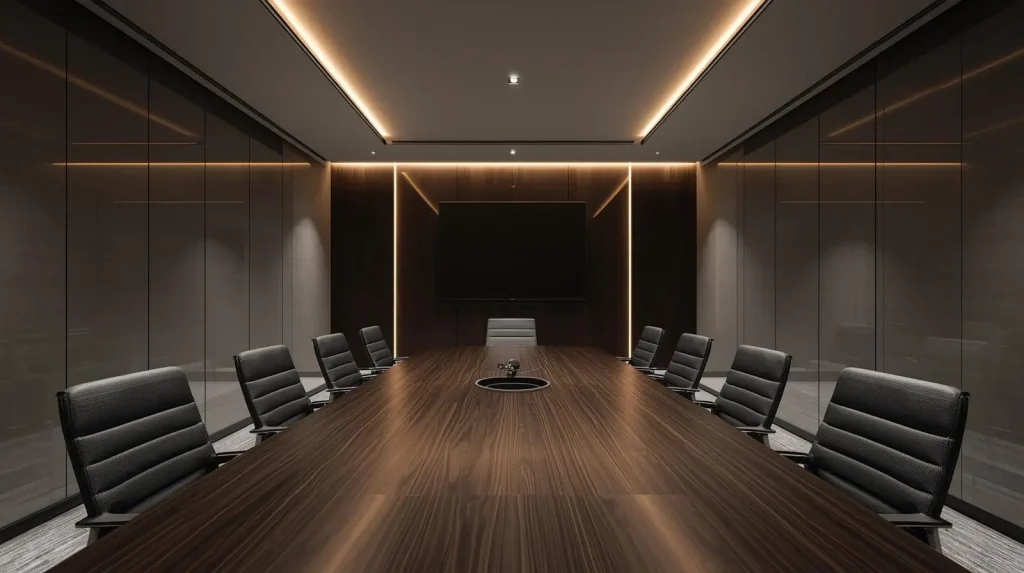
Examples include:
- Conference rooms with improved speech clarity.
- Restaurants with controlled ambient noise.
- Hotels with quiet guest rooms.
- Call centers with reduced distractions.
Studio and Entertainment Spaces
Recording studios, rehearsal rooms, and home theaters demand both soundproofing and acoustic treatment. Professionals design these spaces to block external noise while creating optimal sound inside.
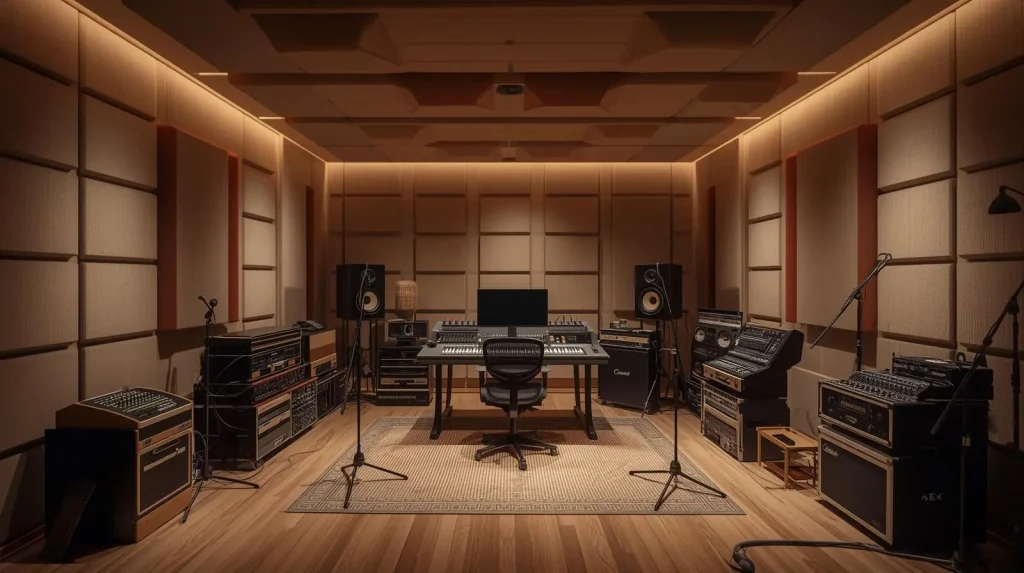
Key elements:
- Floating floors to reduce vibrations.
- Isolated wall systems for complete separation.
- High-density insulation for maximum absorption.
Expert Techniques for Effective Soundproofing
Room-in-Room Construction
One of the most effective methods is building a room inside another room. This technique creates a barrier that prevents sound transmission.
Decoupling Structures
By separating walls, ceilings, or floors, vibrations cannot travel easily. Resilient channels and sound isolation clips are common tools for decoupling.
Adding Mass and Density
Thicker walls and heavier materials block sound more effectively. Mass-loaded vinyl and dense drywall layers are widely used in expert installations.
Acoustic Sealing
Even the smallest gap can allow sound to leak. Acoustic caulk and weatherstripping ensure a complete seal around windows, doors, and fixtures.
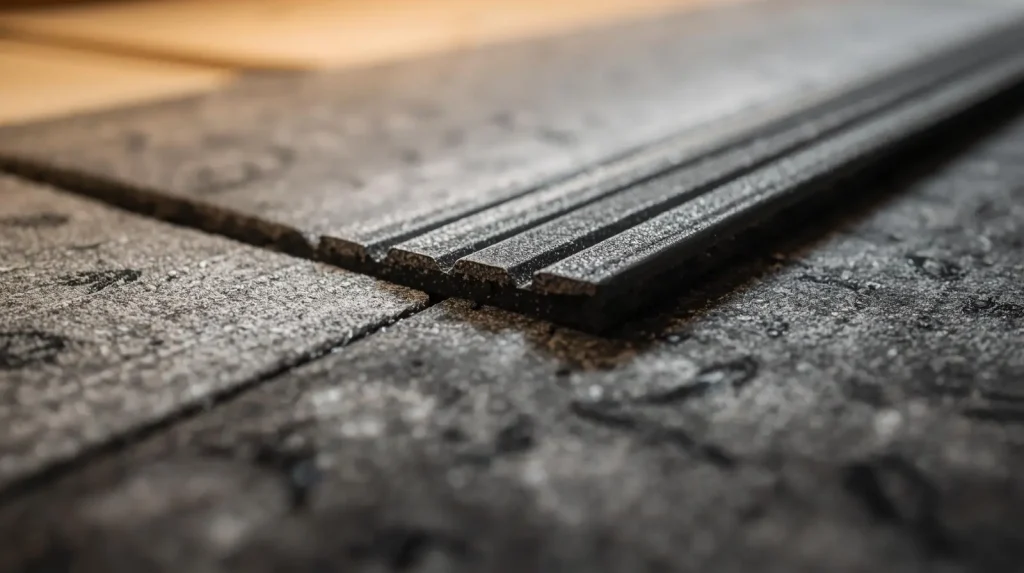
Choosing the Right Acoustic Panels and Materials
Not all acoustic materials work the same way. Selecting the right combination is crucial for effective results.
Absorptive Materials
- Acoustic foam
- Fabric-wrapped panels
- Mineral wool insulation
Reflective and Diffusive Materials
- Wooden diffusers
- Ceiling clouds
- Perforated panels
Vibration Control Materials
- Floating floors
- Sound isolation pads
- Rubber underlayments
Professional installers evaluate your space and recommend a tailored solution rather than a one-size-fits-all approach.
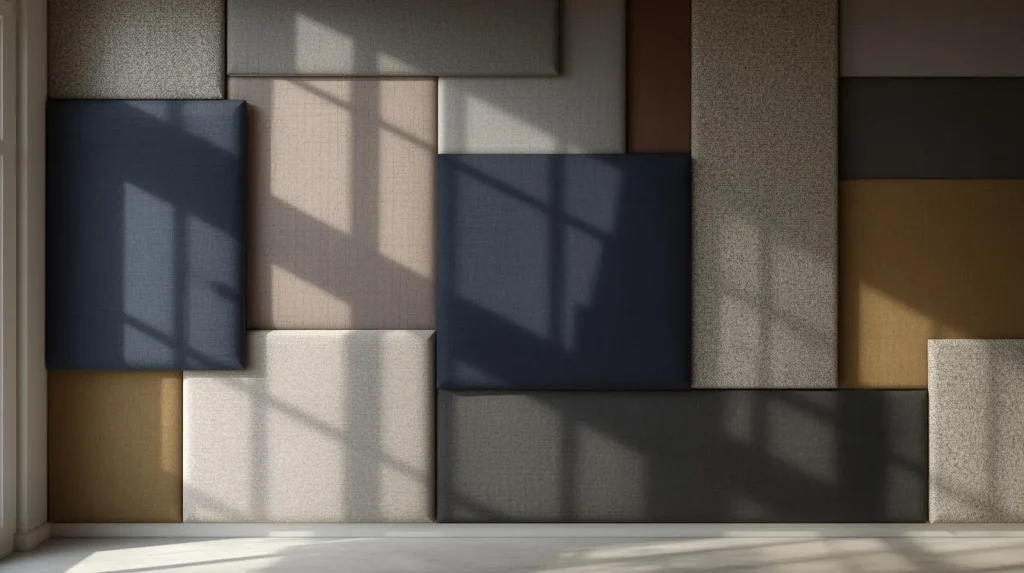
DIY Soundproofing vs Professional Installation
While some small acoustic improvements can be done with DIY kits, expert soundproofing requires specialized knowledge and equipment.
Limitations of DIY
- Limited effectiveness for high noise levels.
- Risk of poor installation.
- Shorter lifespan of materials.
Advantages of Hiring Experts
- Comprehensive noise analysis.
- Custom solutions for your space.
- Long-lasting and professional results.
- Compliance with local codes and standards.
If your goal is true sound isolation and professional acoustic quality, expert installation is the way forward.
Cost of Professional Soundproofing
The cost varies depending on the type of project, materials, and scope of work. Residential bedroom soundproofing can start at a few thousand dollars, while full studio builds require larger investments.
Factors affecting cost include:
- Room size and layout.
- Desired sound reduction level.
- Type of materials used.
- Labor and installation complexity.
Working with an expert ensures you get the most effective solution within your budget.
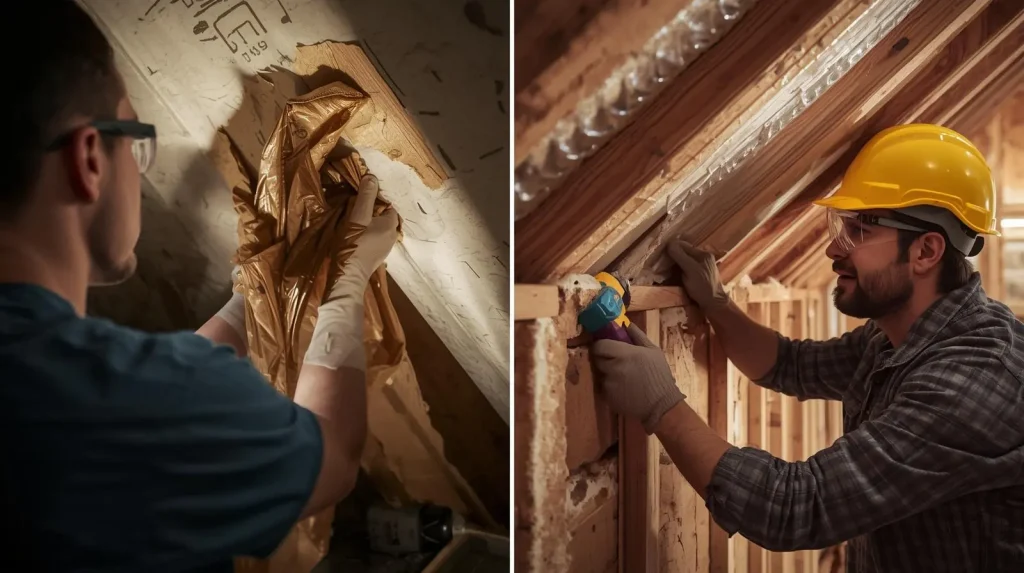
How to Get Started with Expert Soundproofing
Taking the first step toward noise control begins with an assessment. Professionals will measure sound levels, identify weak points, and recommend targeted solutions.
What to Expect in a Consultation
- Site evaluation and noise analysis.
- Discussion of your goals and needs.
- Proposal with customized solutions.
- Transparent cost estimate.
From there, you can choose the plan that best fits your requirements and move forward with installation.
Conclusion
Noise affects every part of life, from sleep and productivity to entertainment and business success. Expert soundproofing and acoustic solutions offer a proven way to control sound, enhance comfort, and improve the quality of any space.
Whether you want a quiet home, a productive office, or a professional-grade studio, the right approach combines structural soundproofing with acoustic treatment. While DIY options exist, professional consultation and installation provide the most reliable results.
Ready to transform your space? Contact an expert soundproofing provider today and discover how a tailored acoustic solution can make all the difference.

